AKF joins forces with ICRAF and CIFOR to advance climate resilience and tackle urgent global challenges
From soil analysis to rural community development, new partnership with world-leading knowledge institutions will enable AKF to strengthen its evidence-based programming

The Aga Khan Foundation (AKF) has signed a five-year partnership with the Centre for International Forestry Research and World Agroforestry (CIFOR-ICRAF) to promote the conservation and sustainability of agricultural, forest, and coastal ecosystems in the regions where we work.
CIFOR and ICRAF are globally recognised knowledge institutions which strive to use the world’s best science to eradicate hunger, reduce poverty, provide affordable and clean energy, protect life on land and combat climate change. In 2019, the organisations merged to leverage their combined expertise developing evidence-based solutions to the world’s most urgent challenges. AKF’s new partnership with CIFOR-ICRAF offers us access to this expertise, which will be critical to strengthening the way we measure the impact of our climate resilience, agriculture, and food security programmes. CIFOR-ICRAF, meanwhile, will have the opportunity to draw upon AKF’s long-standing relationships with communities to deepen their research and data.
A Memorandum of Understanding (MoU), signed in early May, outlines our shared common goals and commits the organisations to address nine key areas of focus through the new partnership:
- Climate change adaptation and mitigation
- Agricultural, forest and coastal livelihoods, ecosystems, and economies
- Promotion of sustainable natural resource conservation research, practices, and policies
- Capacity building of rural communities and their institutions
- Soil health analysis and studies
- Quantification and remote sensing and mapping of greenhouse gas (GHG) exchanges
- Agroforestry-based nutrition and food fortification solutions
- Non-timber forest value chains
- Clean and efficient energy production and application
These respond to a variety of AKF’s areas of work, with an overarching emphasis on tackling climate change for the benefit of the communities we serve. For example, using CIFOR-ICRAF’s world class standards of soil analysis, we can better understand and prove the positive environmental impact of transitioning from typical agricultural methods to regenerative agriculture. Additionally, by deepening our understanding of agroforestry-based nutrition, we can learn how to better use trees to produce more nutritious food, enhancing the health and wellbeing of marginalised communities. Furthermore, using remote sensing and mapping of GHG exchanges, we can more accurately demonstrate the amount of carbon dioxide that is being absorbed by our soil regeneration, tree planting, and mangrove restoration and protection initiatives around the world.
“To address GHGs build-up in the atmosphere, we must nurture three main carbon sinks: oceans, soils, and biomass (plants and trees). At AKF, we have been working in these areas for several years, through mangrove restoration, soil regeneration, and tree planting. This partnership with CIFOR-ICRAF will be a game-changer for us because we cannot just do the work – we need to prove scientifically that our use of nature-based solutions is effective for people and planet.” says Didier Van Bignoot, AKF’s Global Advisor for Agriculture and Climate Resilience.
“This partnership with CIFOR-ICRAF will be a game–changer for us because we cannot just do the work – we need to prove scientifically that our use of nature-based solutions is effective for people and planet.”
Didier Van Bignoot, Global Advisor – Agriculture and Climate Resilience, AKF
CIFOR-ICRAF shares another characteristic with AKF: having offices and experts based in the locations where they have an impact. With its headquarters in Nairobi, CIFOR-ICRAF will have direct access to AKF’s programmes in East Africa, offering close-at-hand analysis and research support. Meanwhile, CIFOR-ICRAF will benefit from AKF’s close community ties; combining our deep local understanding and locally led solutions with their scientific expertise.
“Rural communities, with their traditional wisdom, are facing new challenges as weather patterns they’ve learnt over the ages change rapidly. AKF’s partnership with a knowledge institute like CIFOR-ICRAF will not only enable communities navigate uncertainties better but will in turn help the CIFOR-ICRAF learn from the traditional knowledge and adaptation methods of the communities.” says Apoorva Oza, AKF’s Global Lead for Agriculture and Climate Resilience.
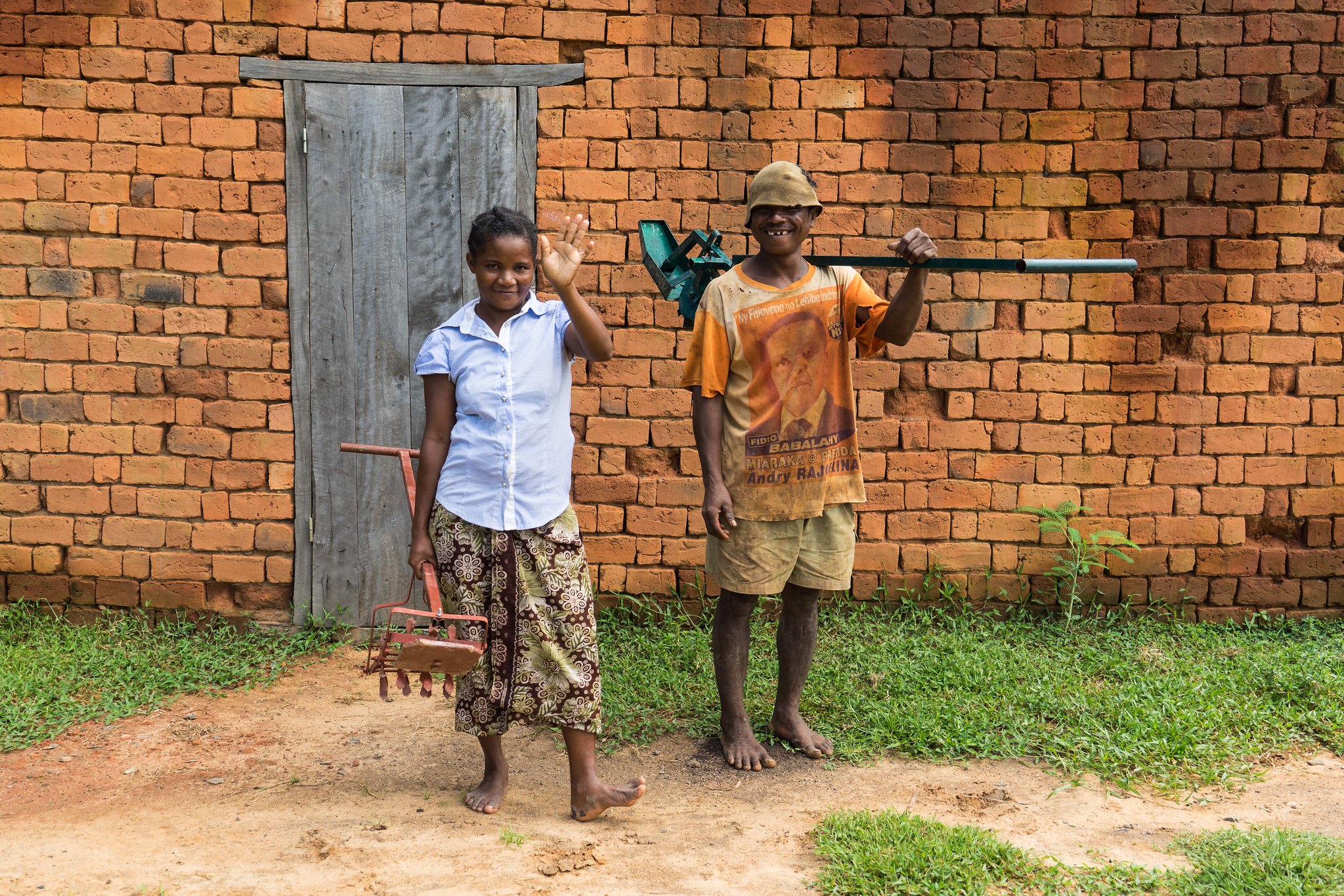
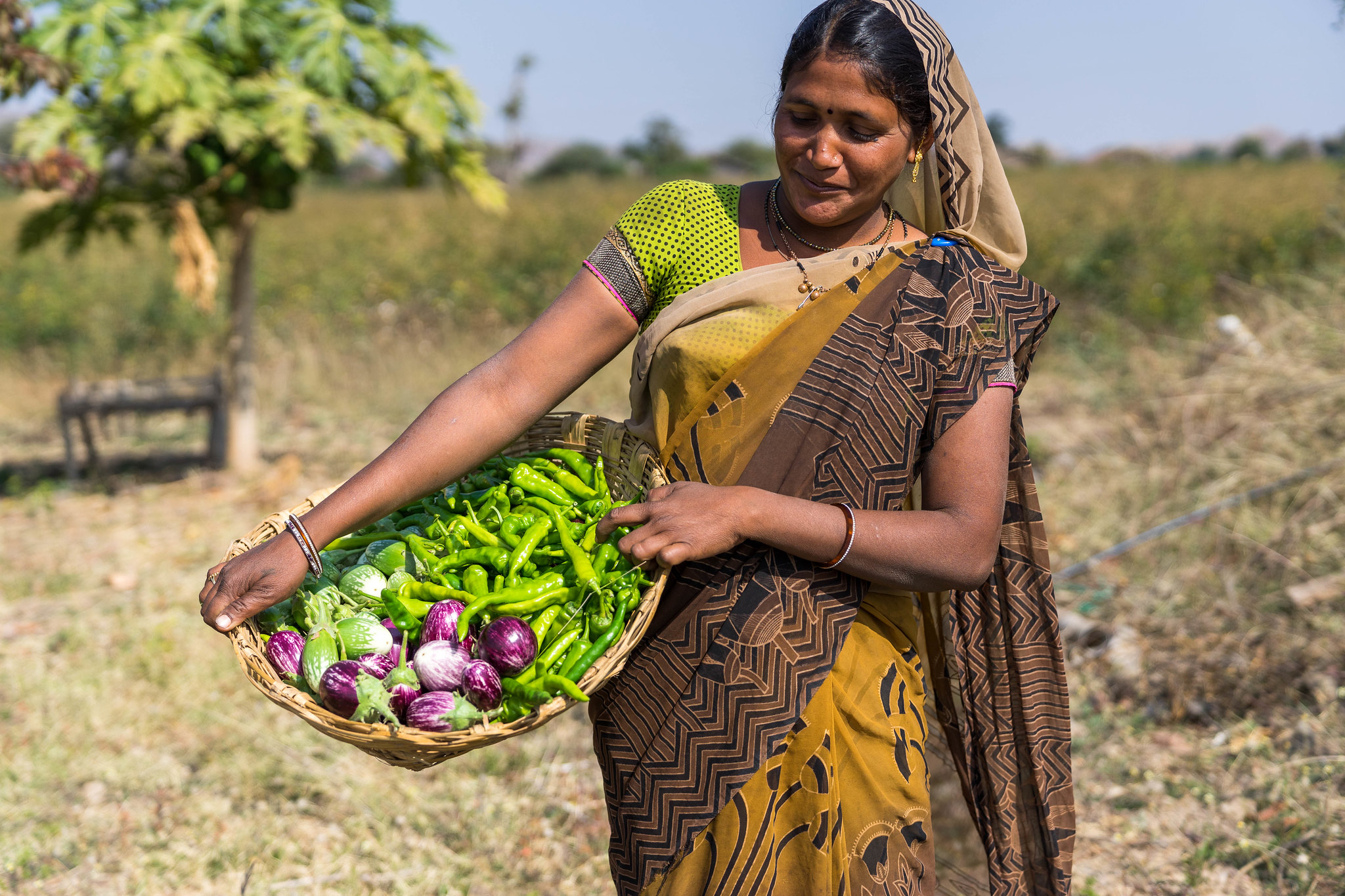
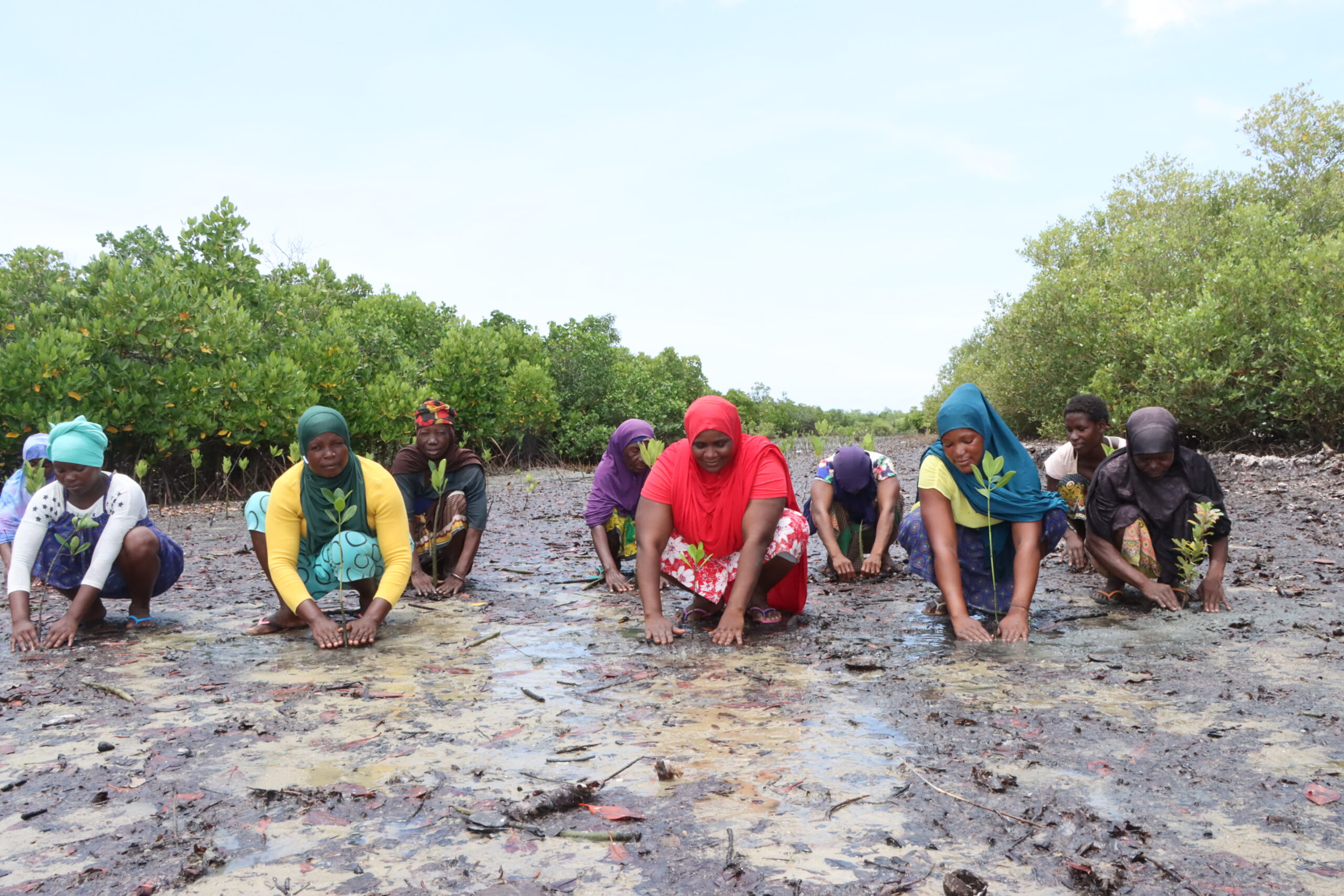
As well as serving communities, the partnership will enable us to co-create projects and programmes of mutual interest. We will collaborate to develop concept notes, proposals, and events, as well as exchange technical knowledge and research findings.
“We look forward to this new partnership to strengthen action research on-the-ground. Specifically, the Soils Research Theme looks forward to generating the evidence base on how land management practices impact soil health across diverse landscapes and farming systems” says Dr. Leigh Ann Winowiecki, Global Research Leader of Soil and Land Health at CIFOR-ICRAF.
Overall, AKF’s partnership with CIFOR-ICRAF represents a significant step forward in promoting sustainable development, conserving agricultural, forestry, and coastal ecosystems, and building the resilience of the communities that live there.
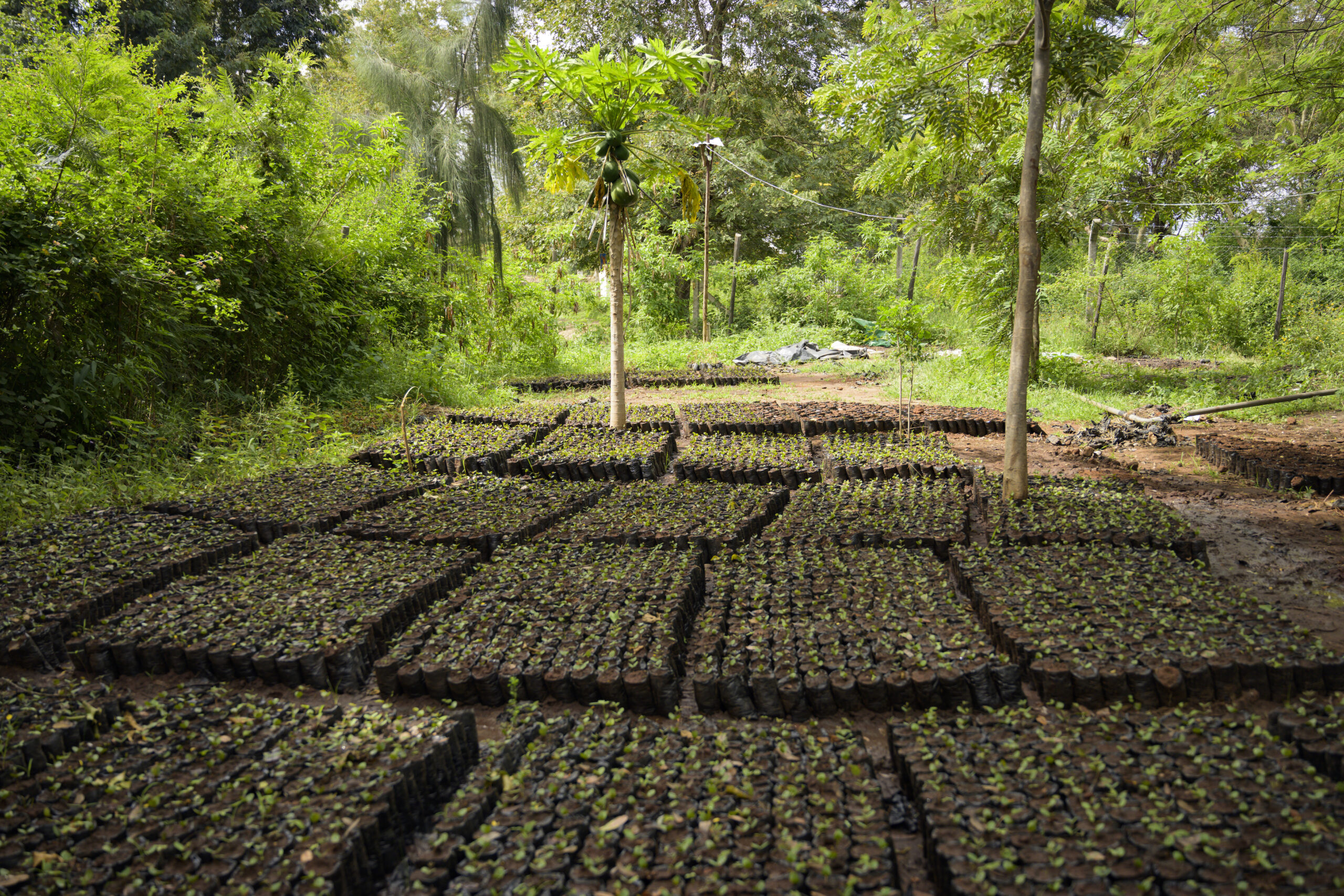
Explore CIFOR-ICRAF’s Coalition of Action 4 Soil Health (CA4SH).
Read CIFOR-ICRAF’s Land Degradation Surveillance Framework (LDSF) Field Manual.
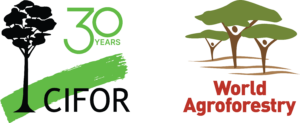
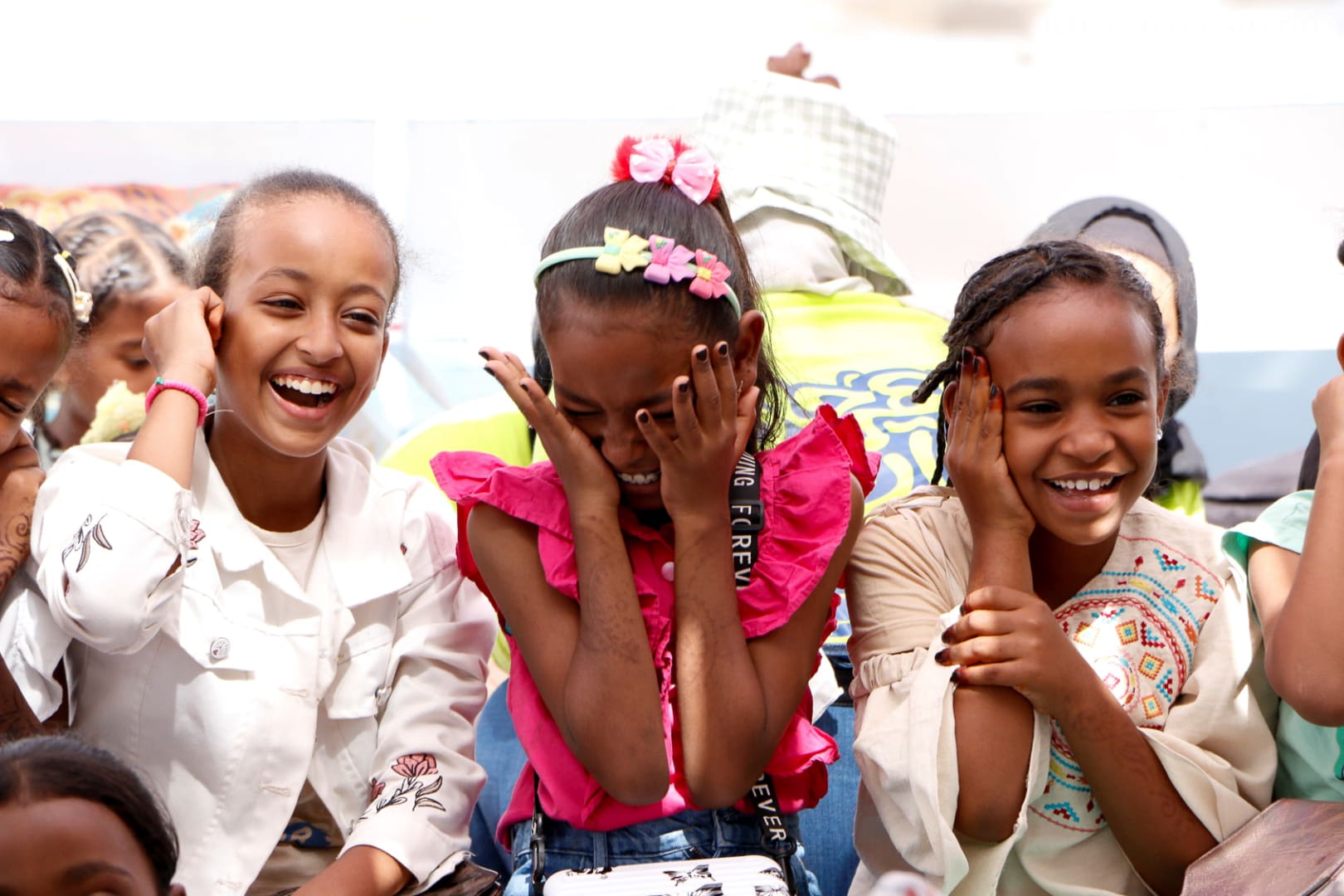
Support our work Your donations are helping us build a future where we all thrive together.